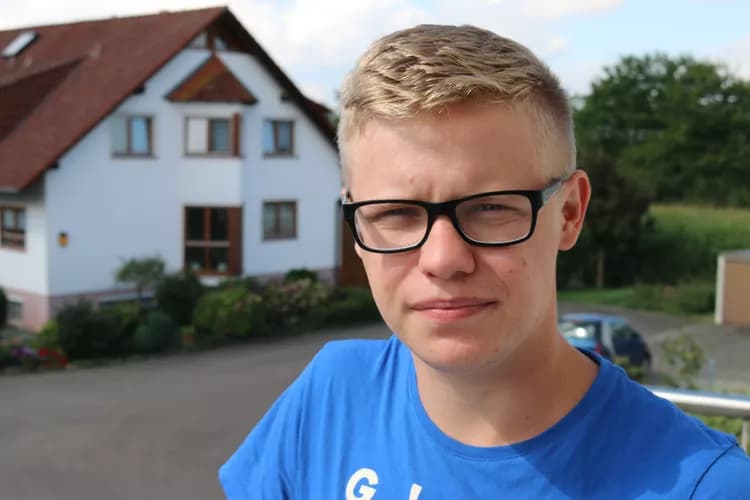
Adolescents Don't Just Think Of Themselves
Parents often see that when their sweet, socially-minded children become adolescents they change into selfish 'hotel guests' who think only of themselves. But adolescents become increasingly better at weighing up one another's interests. This discovery has been made by development psychologist Rosa Meuwese. PhD defence 31 October.
'Adolescents don't have a great reputation in terms of their social behaviour,' Meuwese says. 'You often hear parents say that their sweet, socially-minded children turn into selfish, lazy hotel guests who only think of me, myself & I. But out of sight of their parents, adolescents learn a lot about social behaviour from their peers.' That may not be much of a consolation for their parents, but if they have a better understanding of the purpose of these social experiences in the development of the adolescent brain, it can help them to trust in the social journey of discovery that their adolescent children are undergoing.
Carefully weighing up Meuwese looked at how the social brain of adolescents develops in their relations with their peers. She used four different methods to study the development of prosocial -- socially desirable -- behaviour in adolescents: she studied their behaviour, brain structure, brain function and the quality of their friendships. She had around a thousand school pupils in the Leiden area play a betting game on the computer. The participants could choose: one euro for yourself and one euro for someone else, or a distribution that was in some cases more social and in others less social. The experiment showed that young people's choices are governed less by a set norm but that they weigh up the situation increasingly carefully. 'Unlike what many parents see in their children, adolescents do consider the interests of others,' Meuwese concludes.
Winning for your friend Another thirty pupils played a betting game while being monitored in an MRI scanner. The participants could choose heads or tails and win or lose for themselves and a friend. 'We first asked all the children who in their class they liked, and who they didn't like. We also asked them who their best friend was.' Meuwese expected to see more brain activity in the reward area of the brains of children who were popular with their classmates when they win money for a friend. 'That appears to be a sign of being prosocial.' Instead, she found a different connection: children who were not liked by so many of their classmates and who were sensitive to reward, showed greater activity in the reward centre when they won for themselves. 'That's a logical outcome, but we hadn't expected it to be so strong.'
Social brain development During their social development, adolescents become better at weighing up their own interests against those of someone else. Their social skills don't decline, but are rather refined through interaction with their peers. Meuwese saw in adolescents with a lot of friends, or very good friends -- she refers to that as a high friendship quality -- that the social brain develops more rapidly. The social brain develops with increasing age. 'But a favourable social environment, such as a good friendship, may have a positive effect.' Meuwese believes that children and young people should receive much more training in social skills. 'It would be useful to teach psychology at secondary school. It would give adolescents a better insight into the impact of their decisions on other people, which would have a positive effect on their friendships and consequently on their social development.'
Materials provided by University of Leiden. Note: Content may be edited for style and length.
Disclaimer: DoveMed is not responsible for the accuracy of the adapted version of news releases posted to DoveMed by contributing universities and institutions.
References:
University of Leiden. (2017, November 2). Adolescents don't just think of themselves. Retrieved November 3, 2017.
Related Articles
Test Your Knowledge
Asked by users
Related Centers
Related Specialties
Related Physicians
Related Procedures
Related Resources
Join DoveHubs
and connect with fellow professionals

0 Comments
Please log in to post a comment.